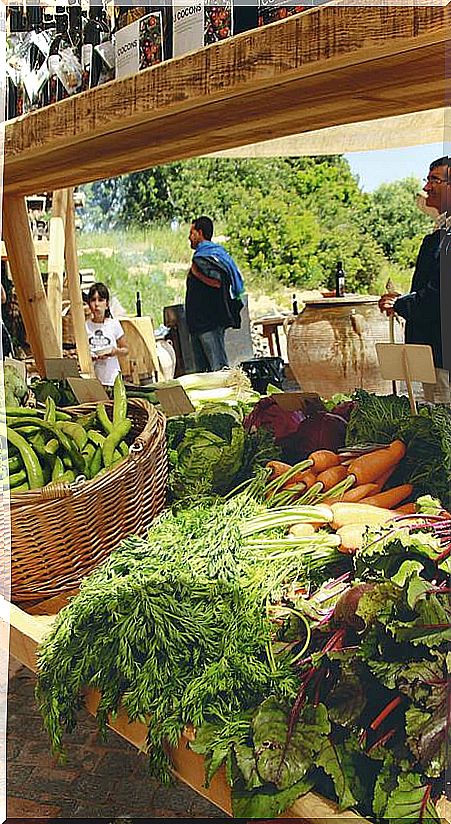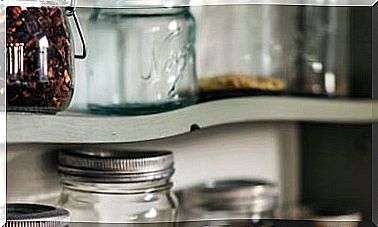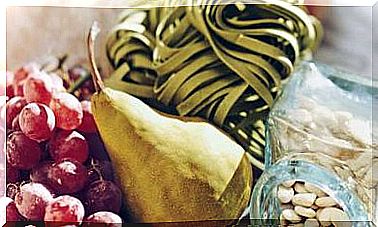Why Choose Zero Kilometer Food
This concept encompasses a philosophy of life that advocates the consumption of local foods to protect biodiversity and health, and to avoid climate change

If you look at a shopping basket with critical eyes, you may discover that those shiny apples come from Italy or France, chickpeas have crossed the Atlantic from Mexico, green beans may have been grown in Morocco … The paradox of this Food globalization is that a part of these products are re-imports, because a vernacular food may have been purchased by an international distributor. The result is that “Made in Spain” food sometimes makes a round trip in a kind of senseless boomerang.
In a country rich in agricultural production like Spain,annually import 25 million tons of food, which represents an emission of four million tons of carbon dioxide, the main gas responsible for the greenhouse effect.
With an italian accent
The term “Kilometer 0” was cooked in Italian lands, where Carlo Petrini founded Slow Food in 1986, an eco-gastronomic movement that defends the products and cuisine of each community and the artisanal preparation methods against the standardization of the dishes. It is a vindication of the biodiversity of flavors. The Km 0 proposal consists of acquiring food that is produced as close as possible to where you live.
Local food reduces CO2 emissions and contributes to maintaining a living agricultural tissue
“There are many reasons to opt for local food. It is a priority for the health of the planet, as it reduces carbon dioxide emissions; but at the same time it allows to avoid the depletion of finite resources and contributes to maintaining a living agrarian fabric around us, which promotes the health of the territory and of ourselves ”, says Gustavo Duch, coordinator of the magazine Food Sovereignty, Biodiversity and Cultures.
It also implies an act of responsibility so that the producers of the region can work and live with dignity. By committing ourselves to the community in which we live, we make it economically dynamic, we help the markets and small businesses survive, we make the traditional gastronomy last and, with it, a wealth of flavors linked to the terroir that are at risk of being lost. Biodiversity is also protected, as local species and varieties of products adapted to that ecosystem are conserved, little manipulated, seasonal and often organically grown.
Colorful Noah’s Ark
An example of this intense work in defense of local food is the Ark of Taste, a Slow Food project that has almost two decades and is beginning to bear fruit. It is a catalog to safeguard “good, clean and fair” food, understanding clean as sustainable and ecological.
When we eat the plants that have grown nearby, we immunize ourselves against the toxins in our environment
This kind of Noah’s ark already has 1,900 products from around the world. In the Spanish section there are, for example, the delicate pink tomatoes from the Sierra de Aracena and Picos de Aroche Natural Park (Huelva) or the tasty purple tomato from Rincón de Ademuz (Valencian Community), the aromatic potato from the buffet (Catalonia ) or the fine Alava Gorbea potato. These and other varieties provide an effective counterpoint to the globalization of agricultural markets.
Health issue
Betting on local food is also doing it for health. “When we eat plants that have grown close to where we live, we are immunized against toxins in the air, water, and germs, viruses and harmful substances in our environment. We are taking the substances that they have synthesized », explains the promoter in organic farming Mariano Bueno.









